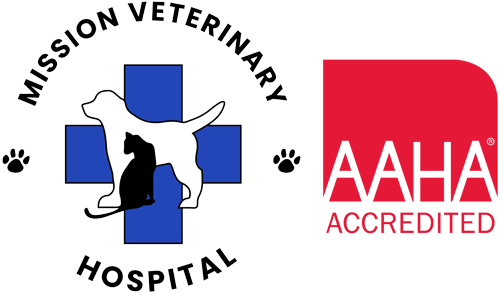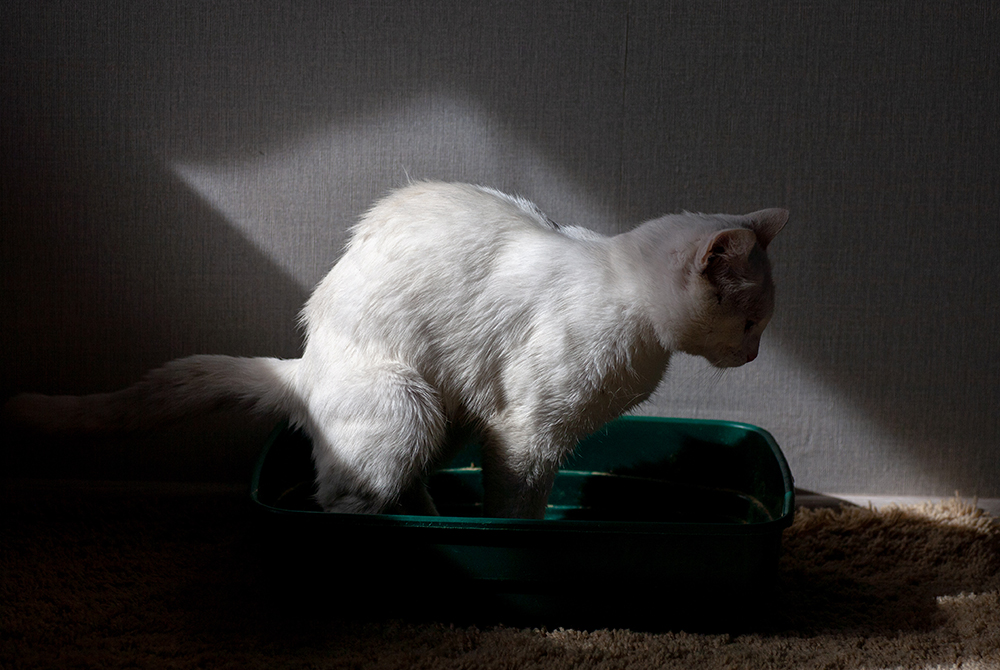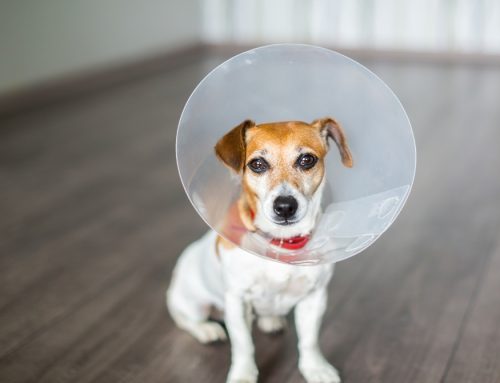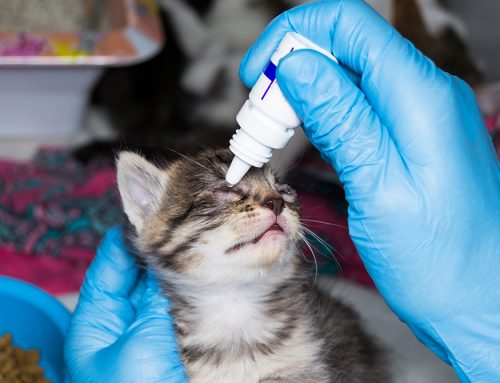Mission Veterinary Clinic
16915 San Fernando Mission Blvd, Granada Hills, CA 91344
Phone: 818-363-8143
Urgent Care Facility – Walk-Ins Only
What is Constipation in Pets?
Constipation occurs when pets experience difficulty in passing stools or have infrequent bowel movements. This condition can affect both dogs and cats, leading to discomfort, pain, and potential complications if left untreated. Recognizing the signs early and understanding the underlying causes can help ensure your pet receives timely care.
Common Signs of Constipation:
- Straining to defecate
- Hard, dry stools
- Infrequent bowel movements
- Abdominal discomfort or bloating
- Decreased appetite
- Lethargy or reduced activity levels
- Vocalizing or signs of pain during defecation
Potential Causes:
Constipation in pets can result from various factors, including:
- Dietary Issues: Low fiber intake or ingestion of indigestible materials (e.g., bones, hair, foreign objects).
- Dehydration: Insufficient water intake can lead to hard stools.
- Lack of Exercise: Sedentary pets are more prone to constipation.
- Medical Conditions: Conditions like megacolon, hypothyroidism, or neurological disorders can contribute to constipation.
- Medication Side Effects: Some medications can cause constipation as a side effect.
- Obstruction: Tumors, strictures, or enlarged prostate in dogs can obstruct the colon, preventing normal stool passage.
Diagnosis and Treatment:
If you suspect your pet is constipated, it’s important to seek veterinary care. At Mission Veterinary Clinic, we will perform a thorough examination to determine the cause of your pet’s constipation. This may include:
- Physical examination
- Abdominal palpation
- X-rays or ultrasound to check for obstructions
- Blood tests to rule out underlying conditions
Treatment Options:
- Dietary Changes: Increasing dietary fiber or switching to a prescription diet formulated to promote digestive health.
- Hydration: Ensuring your pet has access to fresh water and may include fluid therapy for severe dehydration.
- Laxatives or Stool Softeners: Medications prescribed by your veterinarian to ease bowel movements.
- Enemas: In severe cases, an enema may be necessary, but this should only be performed by a veterinarian.
- Surgery: If an obstruction is causing constipation, surgical intervention may be required.
Prevention Tips:
- Balanced Diet: Feed your pet a diet high in fiber and ensure they have regular access to water.
- Regular Exercise: Keep your pet active to promote healthy digestion.
- Routine Veterinary Care: Regular check-ups can help identify potential issues before they become severe.
- Monitor Bowel Movements: Keep an eye on your pet’s stool consistency and frequency.
When to Visit Mission Veterinary Clinic:
If your pet shows signs of constipation, especially if they are straining without producing stool, vomiting, or showing signs of pain, it is crucial to visit us immediately. As an urgent care facility, Mission Veterinary Clinic is here to provide prompt, compassionate care for your pet’s needs.
For more information or to seek care for your pet, visit us at 16915 San Fernando Mission Blvd, Granada Hills, CA 91344. Call us at 818-363-8143. Remember, we are a walk-in-only clinic, so no appointments are necessary. Your pet’s health and comfort are our top priorities.










Leave A Comment